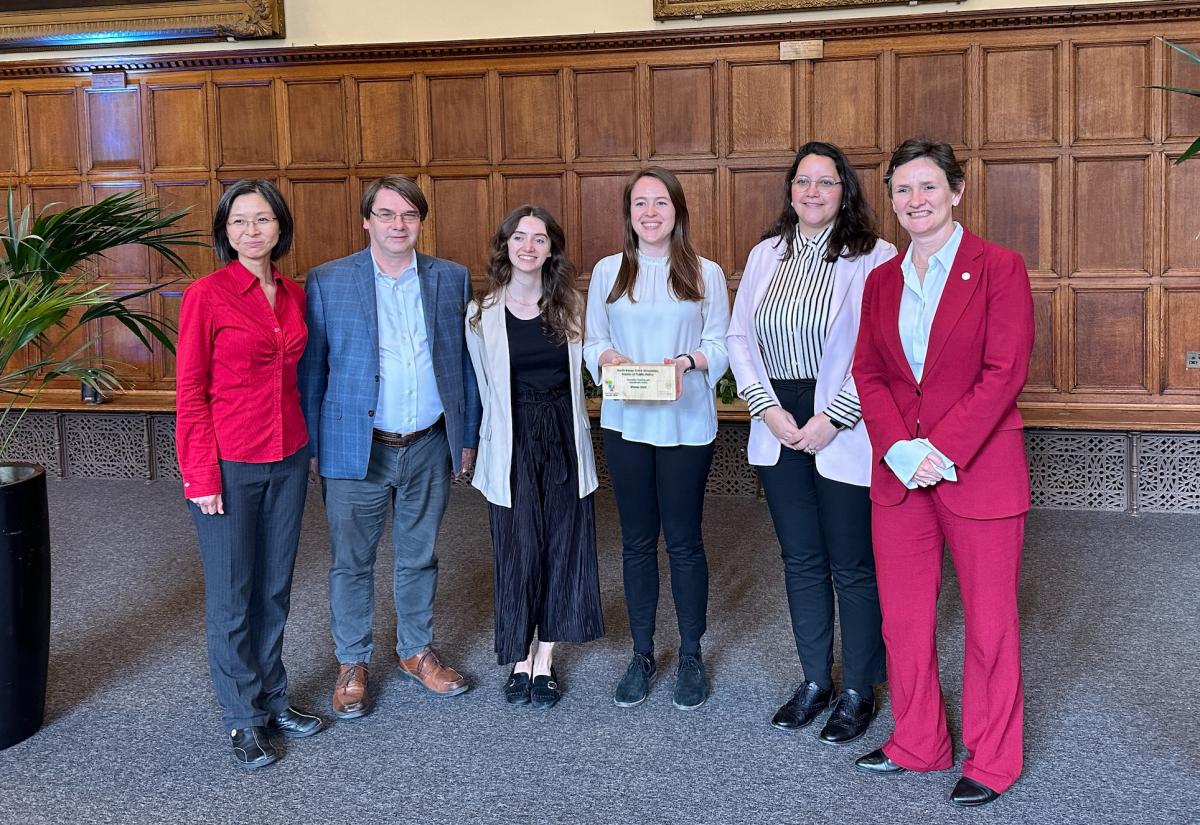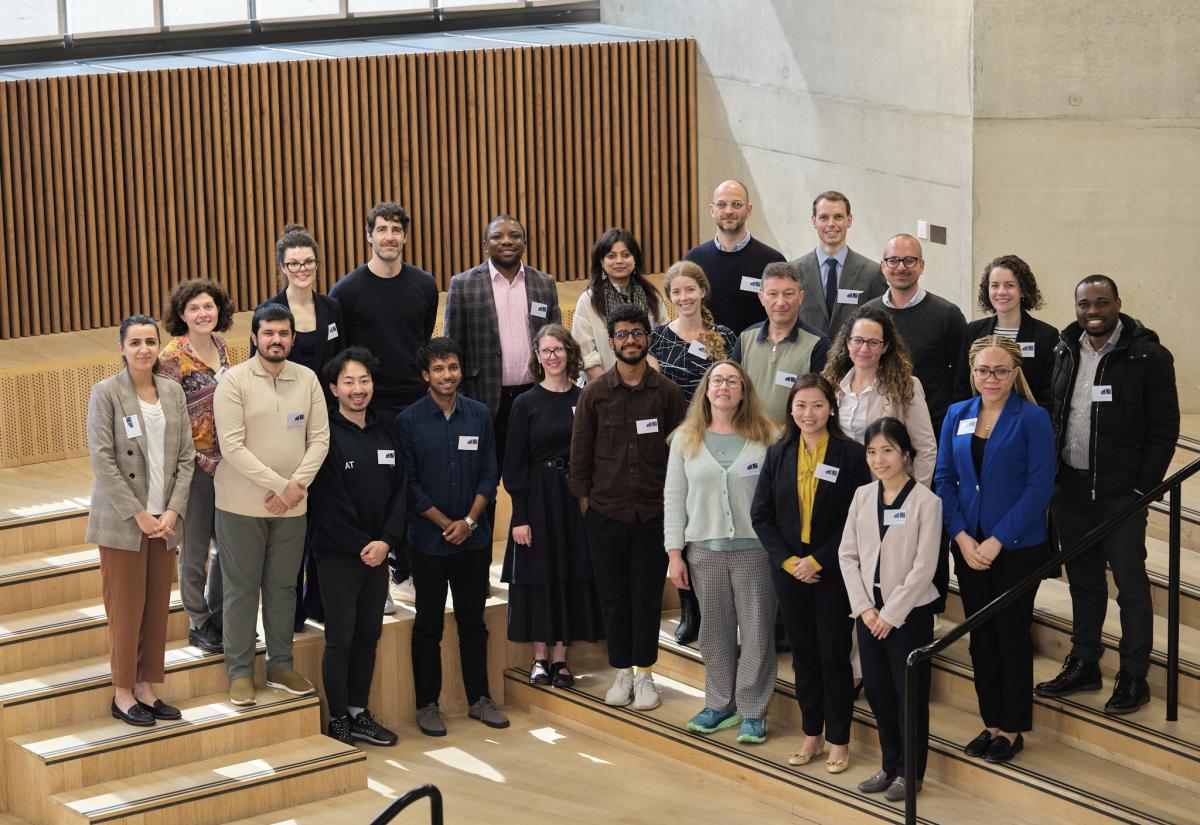
The Blavatnik School’s Oxford COVID-19 Government Response Tracker has published and archived its final dataset and working paper, creating a permanent, freely available, global record of COVID-19 policies.
The data includes over 8 million data points and a vast trove of archived original documents and text. It covers 25 different policy indicators for 185 countries and 210 subnational jurisdictions, for the period 1 January 2020 to 31 December 2022.
This provides a global, comparative, authoritative and detailed picture of what happened during 2020, 2021, and 2022, as the world faced the pandemic.
Launched in March 2020 just after the UK went into lockdown, the tracker identified and recorded, in real time and for every country in the world, evolving policies on vaccination programmes, mask mandates, lockdowns, school closures, travel restrictions, income support, and more. Powered by volunteers doing meticulous research, its real-time information was relied on by governments and journalists throughout the COVID-19 crisis. It is now a huge resource for researchers and policymakers as they try to prepare for future pandemics.
Professor Thomas Hale, who initiated and led the project, says: “While initially very similar, policy measures varied hugely across jurisdictions over the three-year period we covered. Health outcomes, economic outcomes, and longer-term impacts also varied immensely.
“While the macro patterns are clear, there is still much to learn about what works best, why, how, and under what conditions – and what that means for preparations for the next pandemic. As researchers continue to unpack these questions, we hope the data will be of use for many years to come.
“Our team at the Blavatnik School and beyond will be digging deeper into the data ourselves, working with our colleagues at the Pandemic Sciences Institute at Oxford and around the world. We will analyse our dataset with innovative quantitative and qualitative methods to shed light on the causal links between pandemic responses and relevant social, political, and economic factors. By answering these questions, the tracker project will continue to play a key role in building a safer, healthier, and more prosperous world that is better prepared for the next global virus.”
A subset of the team has also published a Nature Human Behaviour paper on the tracker’s vaccine dataset. It covers who was prioritised, who actually got vaccines and in what order, who had to pay for vaccines, and much more.
The tracker team is also working to support a stronger, fit-for-purpose data ecosystem, including policy data, for future pandemics. “It's amazing what the research community and volunteers can produce when needed,” says Tom. “But life-saving data needs a stronger basis going forward.”
The methods the team established are now being used to tackle other global challenges too, including the climate emergency. The Net Zero Tracker, inspired by and modelled on the COVID-19 tracker and co-led by Tom Hale, tracks nations, states, cities and companies against their Net Zero targets.



